The views expressed in our content reflect individual perspectives and do not represent the authoritative views of the Baha'i Faith.
The city of Akka, also known as Acre or Accho, has existed for thousands of years.
In ancient times it was known as Ptolemais. Later, under the Crusaders, it was called St. Jean d’Acre. Located on the eastern shore of the Mediterranean in what was then Palestine and is now Israel, it was for centuries a crossroads of commerce. Relatively easy to supply and defend, it was the pride of its various rulers and the envy of their enemies. Under Ottoman rule it fell into severe decline, although its massive stone walls had enabled its defenders to thwart an attack by Napoleon in 1799.
Baha’u’llah entered the city in August of 1868 with about seventy relatives and companions.
By that time the city had deteriorated beyond even a shadow of its former glory. With narrow streets, dilapidated buildings, no sanitation, brackish water, and an utter absence of greenery, the city was a haven for vermin and disease. Its very name had become a byword for repugnance and filth; according to one proverb, a bird flying over the city would drop dead from the stench. Its inhabitants were, for the most part, a benighted lot—poor, uneducated and fanatical.
The citadel of the city, formerly a barracks, now served as a prison. To that miserable place were sent the worst offenders of the realm. So horrendous were the conditions within the city that Baha’u’llah’s enemies did not expect him to survive for long.
There were two gates to the city, one by land and the other by sea. Baha’u’llah and his fellow exiles arrived by sea after a brief stop in the nearby port of Haifa. As they made their way into the city they were met by a throng of onlookers who had come to see and mock the “God of the Persians.” A company of soldiers escorted the prisoners through the narrow streets and into the barracks. The weather was so hot and the air so rank that Baha’u’llah’s daughter fainted as she entered the prison.
Polluted water, inadequate food, and the filthy environment soon took their toll. All but two of the prisoners became gravely ill, and three of them died. The guards refused to remove the bodies for burial without being paid, so Baha’u’llah offered the carpet he slept on to be sold to pay the expenses. Yet even after receiving payment, the guards still did not give the bodies a proper burial.
Three days after the prisoners’ arrival, the sultan’s decree was read to the public in the mosque. Baha’u’llah, his family, and his companions were sentenced to life imprisonment, and were forbidden to associate either with each other or with the citizens of Akka. The initial phase of this imprisonment, more severe than any Baha’u’llah had yet experienced, marked a low point in the fortunes of his new Faith and the culmination of his sufferings. It seemed as if Baha’u’llah’s enemies had triumphed at last, for now he was an exile in a penal colony, shorn of all possessions, completely divested of honor, without any connection to the outside world, and seemingly far from any possible influence either among his own followers or in the circles of government. At this point the vast majority of his followers did not yet know his fate. For a time there was even a rumor to the effect that he had been drowned in the sea. To an outside observer it might well have appeared that the Baha’i Cause was doomed to extinction. His enemies thought so and rejoiced. Yet this is not how Baha’u’llah himself interpreted these events. He met this fate with the courage and serenity that he had shown on past occasions, predicting that the present abasement and humiliation were but a prelude to the triumph of his Cause. He wrote, in reference to Akka:
According to what they say, it is the most desolate of the cities of the world, the most unsightly of them in appearance, the most detestable in climate, and the foulest in water. It is as though it were the metropolis of the owl. – Baha’u’llah, The Summons of the Lord of Hosts, p. 133.
Recounting the conditions of His confinement, he said:
None knoweth what befell Us, except God, the Almighty, the All-Knowing . . . From the foundation of the world until the present day a cruelty such as this hath neither been seen nor heard of. – ibid, p. 171.
The cruel circumstances of his arrival and captivity in Akka had a profound spiritual significance, portending great future developments. He later wrote:
Upon our arrival, We were welcomed with banners of light, whereupon the Voice of the Spirit cried out saying: ‘Soon will all that dwell on earth be enlisted under these banners.’ – God Passes By, p. 184.
Know thou that upon Our arrival at this Spot, We chose to designate it as the “Most Great Prison.” Though previously subjected in another land (Tihrán) to chains and fetters, We yet refused to call it by that name. Say: Ponder thereon, O ye endued with understanding! – ibid, p. 185.


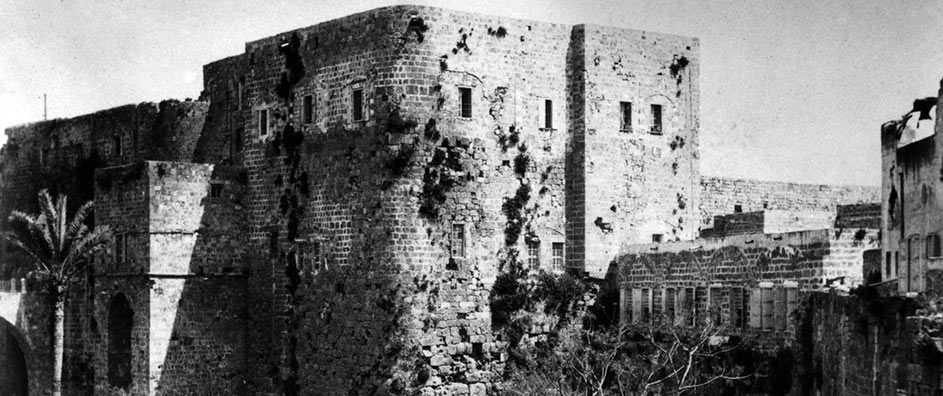
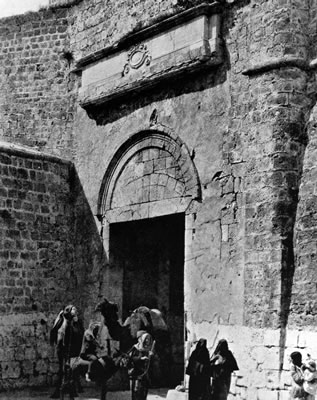

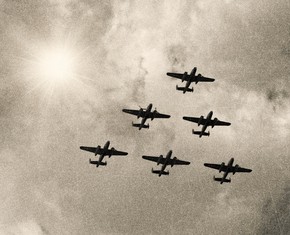
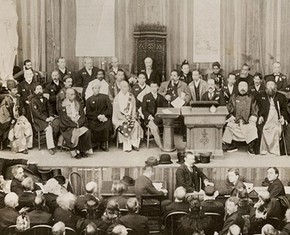
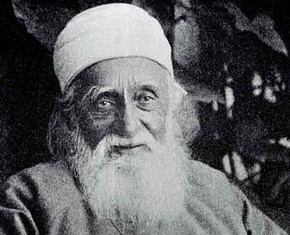









Comments
Sign in or create an account
Continue with Googleor